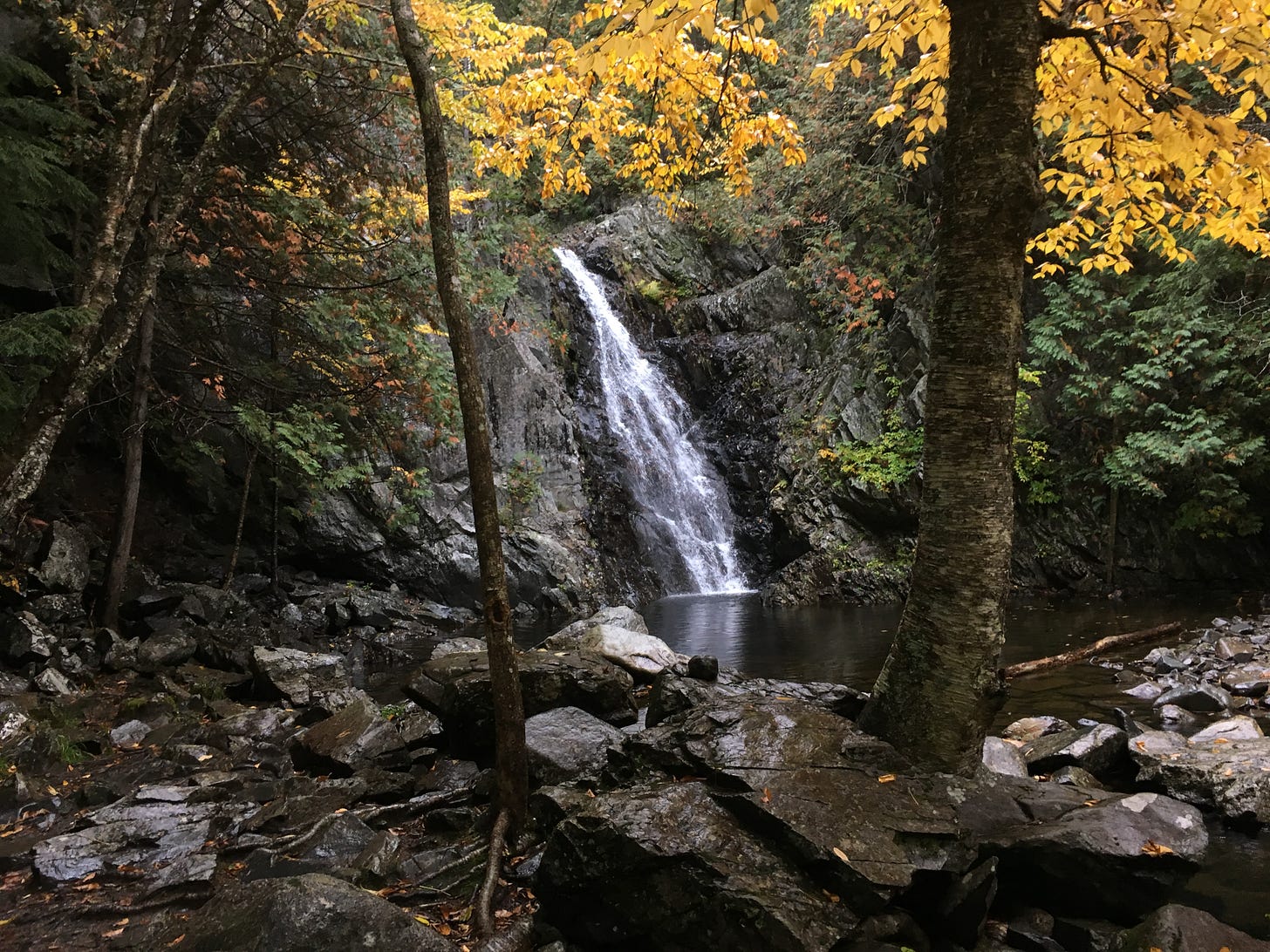If you’ve spent any amount of time at a backcountry lodge or trail volunteer camp in recent years, chances are you’ve heard a couple of land acknowledgments. As more of us come to understand the full spectrum of horrors that American Indian tribes were subjected to, at the hands of white colonists, it becomes harder to overlook how the “creation” of the United States was one big act of land seizure and displacement. So it’s becoming customary for more people who regularly use pieces of that stolen land to offer a few words of penance, in recognition of whom the land was taken from.
While the practice of land acknowledgments may seems like a symbolic step toward getting more people who use the outdoors to embrace true restitution—like actually giving land back to American Indians!—I’ve sometimes cringed when hearing these solemn words uttered by people who are presiding over land that remains stolen. At a certain point, land acknowledgments can sound like belated, half-hearted apologies that help expunge any sense of guilt that one might feel, upon realizing that the land on which they’re hiking, boating, biking, or camping once belonged to people who were evicted and murdered—and whose living descendants remain marginalized.
This is why, back in 2018, I was excited to learn that one of the most gorgeous and enchanting cascades in the woods of northern Maine—the Poplar Stream Falls—is tucked away in densely forested land that’s now owned by the Penobscot Nation.




